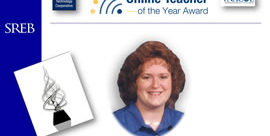How to take personalized learning to scale
iNACOL defines personalized learning as “tailoring learning for each student’s strength, needs, and interests—including enabling student's voice and choice in what, how, when and where they learn—to provide…





